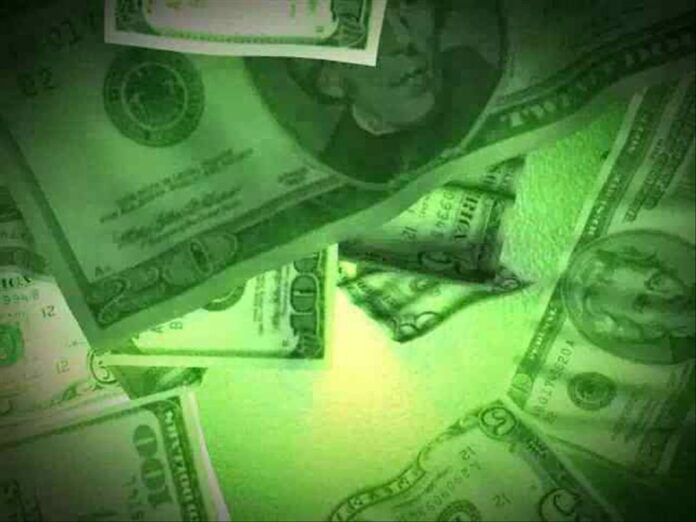HARLINGEN — Rogelio Rangel isn’t a gambler and he’s never bought a lottery ticket in his life.
But he’ll be plunking down a few dollars for a shot at what’s being called the biggest jackpot in the history of the world — the estimated $1.3 billion Powerball prize.
“With that kind of money, you can take a chance,” Rangel, a 52-year-old carpet layer and handyman, said yesterday outside the Korner Food Mart on F Street.
“It’s big odds, but it’s even bigger if you don’t buy one (ticket). I’ll take my chances,” he said with a laugh.
No one matched Saturday’s winning numbers — 16-19-32-34-57 and Powerball number of 13. So all eyes are now on Wednesday’s drawing and its astronomical prize.
Judging by Saturday’s lottery crowd, store clerk William Euceda says he’s going to need some help when he goes to work Wednesday.
He said his sales at the K&W store on Tyler Avenue are largely in beer. So Saturday, he was surprised by the number of customers coming in to buy Powerball tickets.
But his parents’ store in San Benito, the BNA Quickstop on South Sam Houston Boulevard, was even busier.
“Wow. It was completely packed. They had two registers and both were packed with lines of people,” said Euceda, 23. “It was so crazy.”
He’s scheduled to work at the BNA store Wednesday. “I know for sure I’m going to need help because, wow, with a $1 billion jackpot, there’s going to be a lot of people.”
Ignacio Montoya, a BNA Quickstop clerk, wasn’t working Saturday but he dropped by the store.
“It was packed here,” he said. “I’m talking about 50 or 60 people in here trying to by lotto tickets. I couldn’t even get out.”
Terrence and Elizabeth Grassity will be among the eager ticket buyers trying to defy the one in 292 million odds. They bought four tickets in Harlingen Friday and plan to buy at least another four for Wednesday’s drawing.
“I’ve never heard it that high,” said Terrence, 36, a freight manager for a retail store in Houston. “When it’s really hot, when it’s this hot, you’ve got to go for it.”
Outside the F Street convenience store, he said if he wins, he’ll be putting money into investments.
“I’ve heard stories of people going broke. They’ve never had that kind of money and they splurge and the next thing you know, they’re broke,” he said.
“So I would invest money and start my own business.”
His wife Elizabeth has a different idea. She said she is generous and would feed the homeless.
“I would rent a house for the homeless until they’re able to get back on their feet,” said Elizabeth, 27, a Harlingen native and assistant retail store manager in Houston.
But not everyone has Powerball fever.
Out of about a half dozen customers who were in and out of the BNA Quickstop yesterday afternoon, none said they would buy a lottery ticket.
Asked why not, one man, who declined to give his name, just grinned and said, “Oh no, I don’t gamble. That’s throwing money away.”
The odds of winning any cash amount are about one in 25, but to win the jackpot, there’s about a 1 in 292 million chance.
“You’d be more likely to get struck by lightning,” said Clyde Barrow, a professor of political science and gambling policy expert at the University of Texas Rio Grande Valley.
A person would have better odds doing casino games like blackjack or roulette, Barrow said.
Even so, most people understand this and have no delusions about the chances of winning, Barrow said.
“I think most people who play are very much aware of the very low odds they face by winning,” Barrow said. “But the reality is somebody will win. It could be me, you, whoever.”
The allure to the lottery could be that people risk so little to gain so much.
“Even Alexander Hamilton, the first U.S. treasurer, praised lotteries for giving people that chance,” Barrow said. “What else could you do in life where you spend $2 and potentially get $700 million back? What else would you do with that $2 anyway?”
John and Robin Bryant, a Winter Texan couple from West Frankfort, Illinois, aren’t gamblers either. But they just might buy a Powerball ticket now.
If they win, they’d use the money to help people like their 25-year-old son Adam, who was born with a mental disability.
“We think about what we could do with all that money. We’d build a home to help people like our son,” John said.
“You see people who are in need and you can help them. That’s what it’s all about.”




